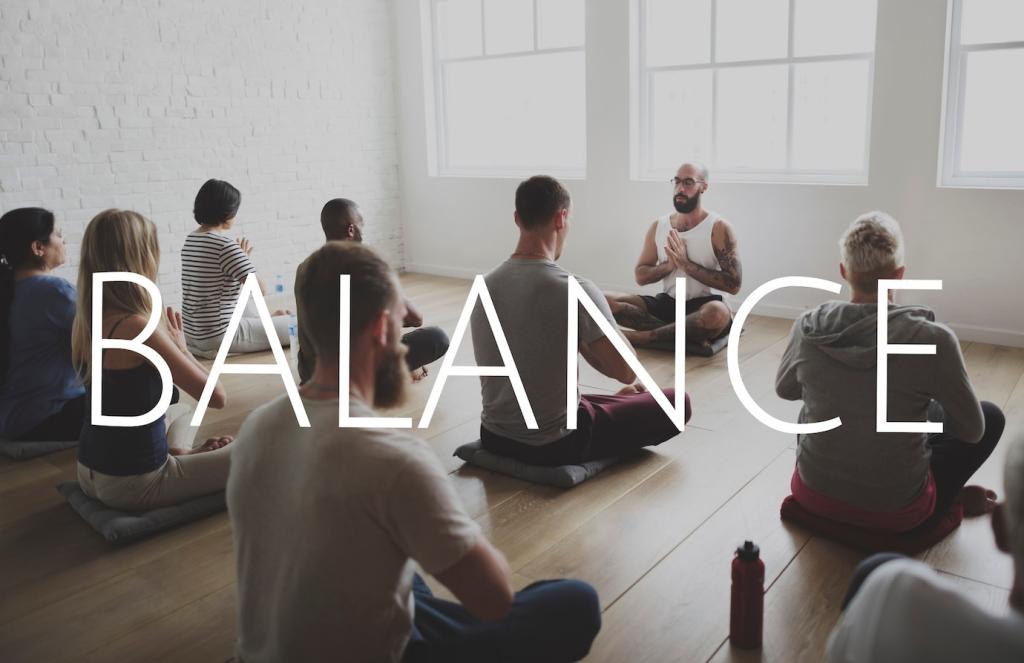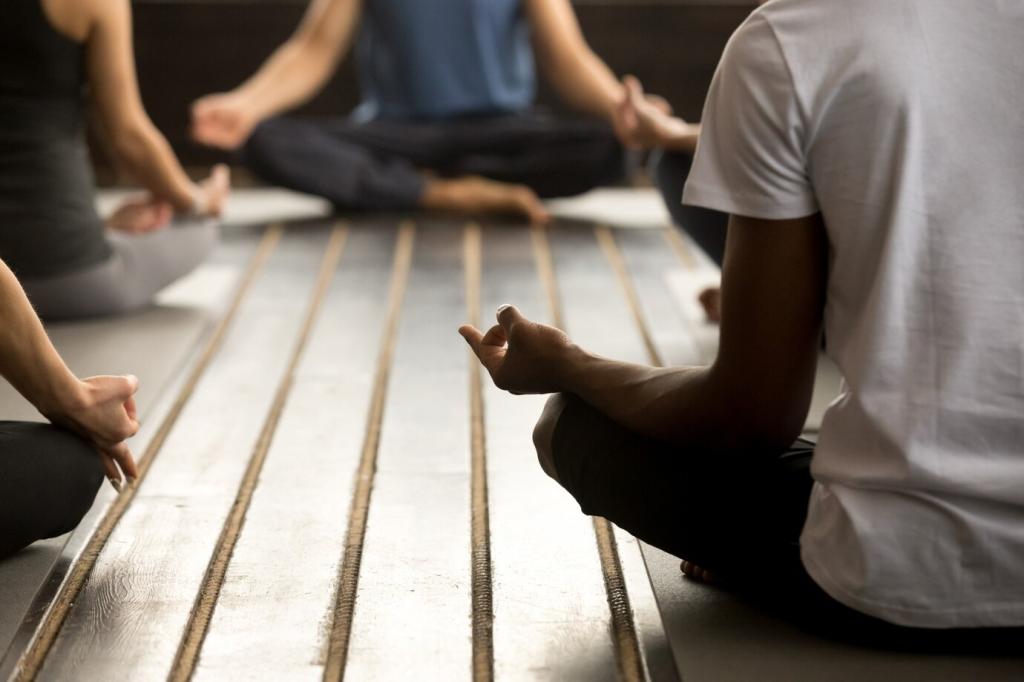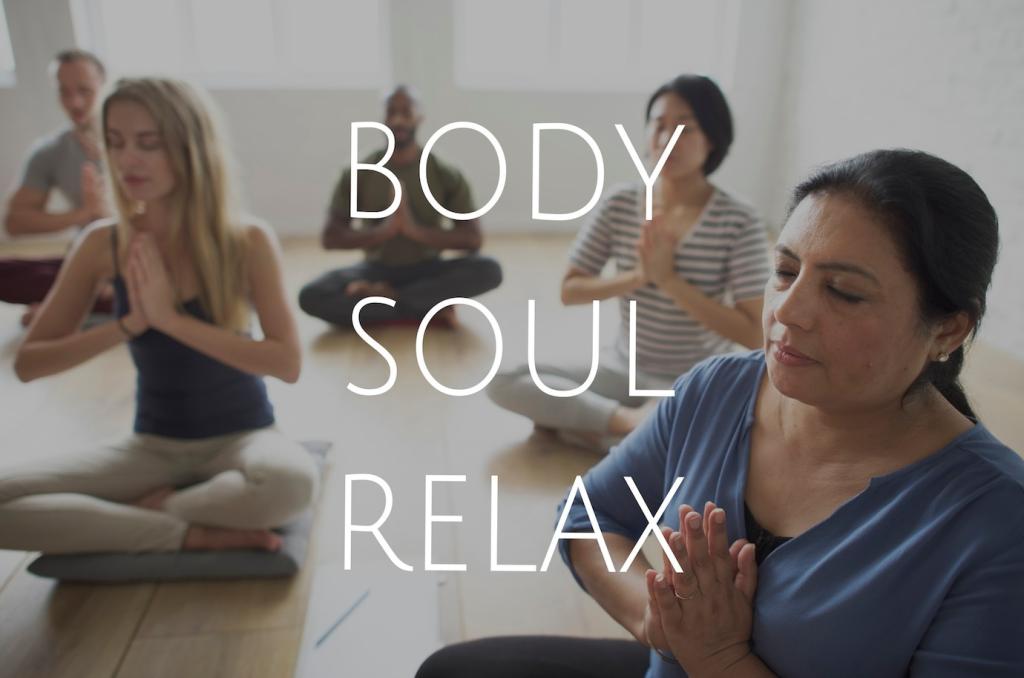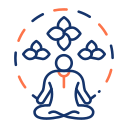Finding Calm: Meditation Apps and Tools for Mental Health Support
Selected theme: Meditation Apps and Tools for Mental Health Support. Welcome to a gentle corner of the internet where technology meets tenderness. Explore how thoughtfully chosen apps and simple tools can reduce stress, build resilience, and make daily mental health care feel personal, sustainable, and kind. Share your go-to practices and subscribe for fresh, compassionate guidance.
Why Meditation Apps Work
Meta-analyses of mindfulness-based interventions show moderate reductions in stress and anxiety, with consistent benefits for sleep quality and emotional regulation. App-guided sessions replicate core protocols like body scan and breath awareness, making evidence-based techniques accessible within minutes.

Choosing the Right App for You
If stress relief is primary, look for breath timers, body scans, and quick SOS meditations. For focus, try timers with soft chimes and distraction-free interfaces. For sleep, prioritize soothing narrations, gentle soundscapes, and structured wind-down programs designed to cue relaxation.
Choosing the Right App for You
Seek options with offline downloads, low-data modes, transcripts, captions, and adjustable pacing. Diverse teachers and gender-inclusive language help more people feel safe. Neurodivergent users may appreciate clear structure, predictable session formats, and minimal sensory clutter.

Tools Beyond the Phone: Building a Supportive Toolkit
A simple notebook beside your meditation spot invites reflections after sessions. Jotting three words about mood or energy helps track subtle progress. A physical timer or soft candle can cue your brain that it is time to slow down gently.
Begin with a two-minute guided breath practice, not a lofty ten-minute promise. Many readers report that brief sessions quiet resistance, and often naturally extend once the mind softens and the body realizes the comfort of pausing.
Daily Routines That Stick
Attach meditation to something you already do. After brushing teeth, sit for one short track. Following lunch, try a three-minute reset. Habit stacking uses established routines as anchors, lowering the energy needed to start each day.
Daily Routines That Stick
Privacy, Safety, and Ethics
Know What You Share
Read privacy policies for data use, third-party sharing, and anonymization. Many wellness apps are not covered by medical privacy laws. Choose those that allow local storage, easy data deletion, and clear control over analytics and tracking settings.


Crisis and Emergency Features
Some apps include crisis resources, grounding exercises, and quick access to helplines. These tools can help during acute stress, but they are not substitutes for emergency services. When safety is at risk, contact local help immediately and inform trusted supports.
Real Stories from Real Days
Between school drop-off and early meetings, one parent sits in the car and plays a grounding track. The guided breath steadies racing thoughts, and five minutes later they walk into work feeling clearer, kinder, and ready to listen.


Real Stories from Real Days
A graduate student fought afternoon fog and scrolling. They swapped fifteen minutes of social media for a focused attention session with gentle bells. Within two weeks, reading felt easier, and their study partner noticed calmer conversations during stressful deadlines.
Join the Conversation and Grow Together
Which meditation apps and supportive tools have made a real difference for you this month, and why? Comment with your favorites, your challenges, and any creative routines that make practice feel gentler, braver, and easier to begin.

